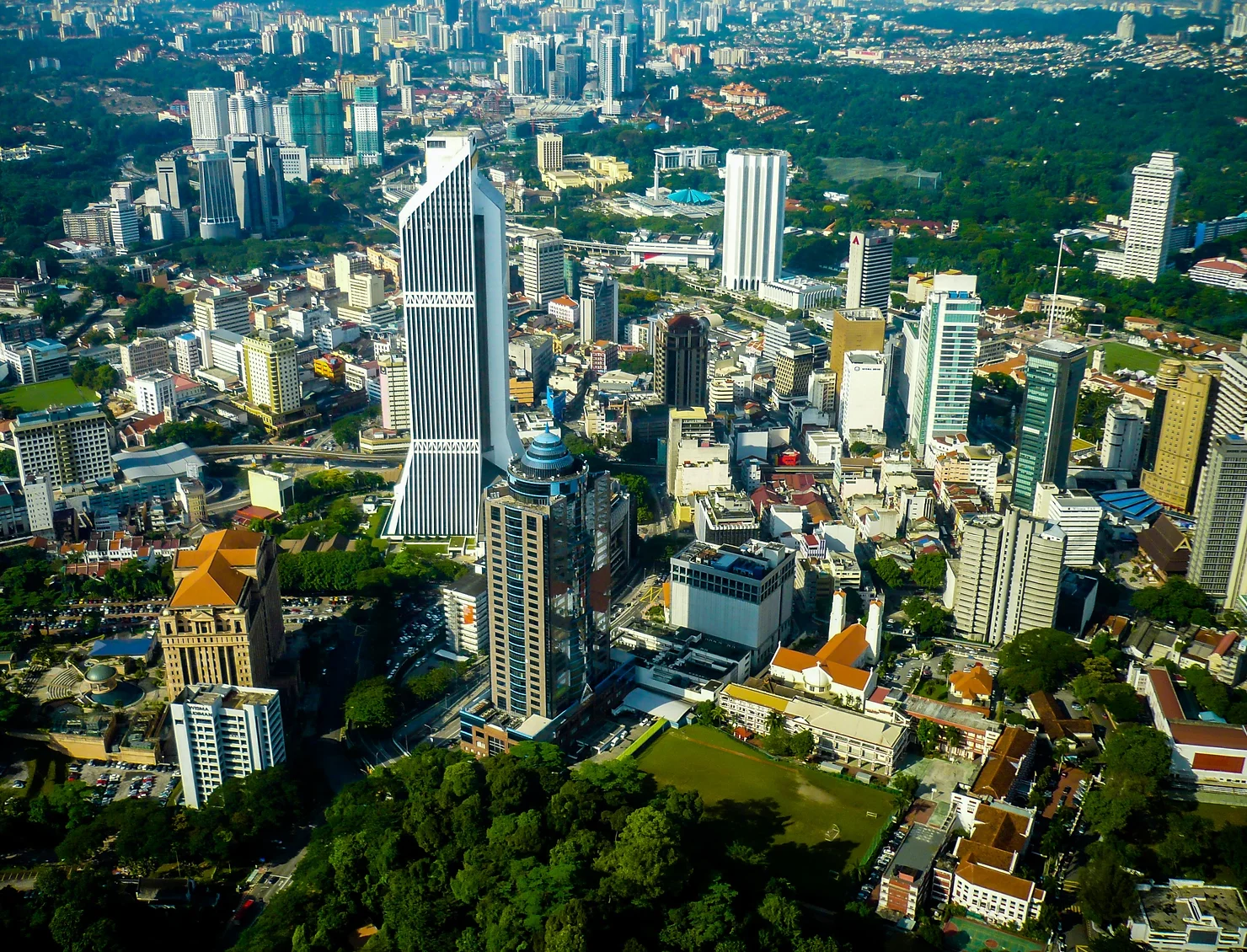Benefits of Preserving Historical Buildings
Every city has a history. It is through this history that gives the city a character and sense of community. The preservation
of historic structures has been a journey of telling the story behind its architecture and how it was built to serve the
community around that period of time. Using Kuala Lumpur as an example, buildings like the Sultan Abdul Samad Building which
was completed in 1897 and the Kuala Lumpur Railway Station completed in 1910 that are still standing today tells the stories of
our country in the pre-independence days.

There are several benefits of preserving historical buildings, one of them being that old buildings are witnesses to the aesthetic
and cultural shift of a city, giving people a sense of place and connection to the past and its culture. Charming elements in older
buildings such as its architecture and location also portrays values that can be difficult to find in a modern cities such as
low-density structures, spatial arrangements and greenspace that synergizes with the façade itself.
Another tried and true benefit would be that historical buildings bring about certain economic factors to companies that embark on
upgrading and refurbishment projects. Buildings built prior to World War II are often made of high quality materials. Today, newer
buildings tend to have a life expectancy of only 30-40 years, whereas many older buildings were made to last. It would make sense then,
in an economic perspective to retain and improve older buildings to meet modern trends while maintaining the core of its historic
architecture. Turning an old corporate building into a business space or mixed development would give life to its surroundings and a
sure way to stand out among the crowd and the growing concrete jungle.
On the environmental side of things, the preservation of historic buildings would also reduce waste as resources used will consume
less energy and materials rather than tearing down the entire structure, which might risk releasing toxins and pollutants in the
already dense environment. Maintaining old surrounding landscaping would also be beneficial to the environment as it gives the
surroundings a certain character that can be difficult to find in most city buildings nowadays. New materials don’t have to be
created much nor demolished materials thrown away.